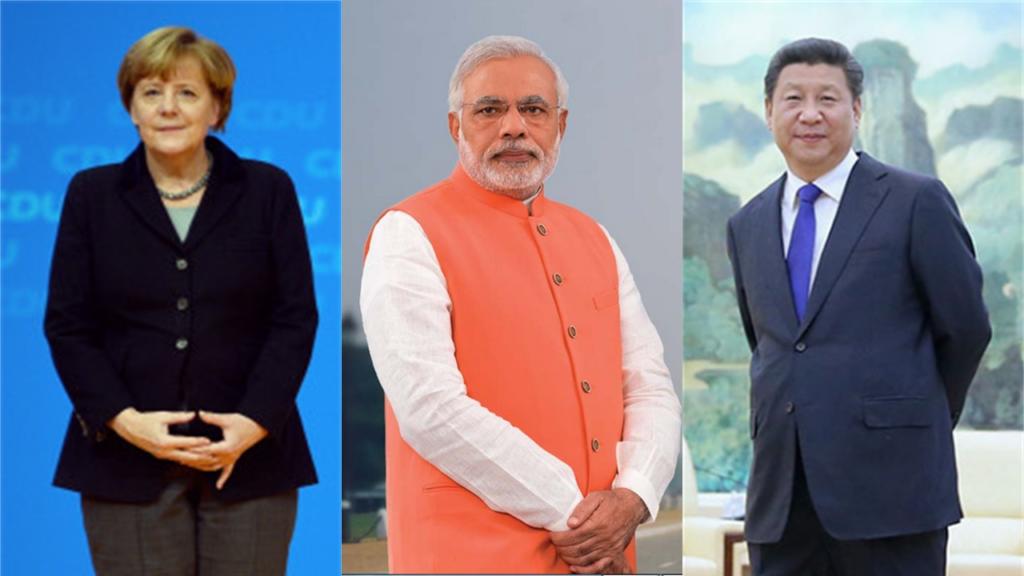The United States has called India, China, and the European Union ‘new trilateral’ at the World Trade Organization. India, China, and EU pushed a proposal to fill four vacancies at WTO’s Appellate Body (AB), the highest court at the multilateral trade organization. However, US representative Dennis Shea rejected the proposal and said the trilateral aims ‘to change the rules’ to authorize and accommodate the very approaches that would make the AB even less accountable.” Since Donald Trump became president United States has blocked the new appointments at the AB of WTO and wants to make it irrelevant. US have accused AB of going beyond dispute settlements and issuing judgments on matters that are not part of its original mandate.
The AB of WTO has been reduced to 3 members from 7 and by December 2019 it will be further reduced to only 1 member due to repeated blockage by the United States to new appointments. America is not ready to extend the tenure of serving judges with an aim to make the dispute resolution body irrelevant. The stance of the United States on free trade toppled its position as a leader at WTO, the multilateral body which seeks to establish a rule-based trading regime across the globe. Under the leadership of PM Modi, India capitalized on the opportunity to lead the international body. India joined hands with EU, China, Canada, Australia, Switzerland, Singapore, South Korea, Mexico, Norway, New Zealand, and Iceland to issue a joint proposal to fill “The vacancies on the Appellate Body and to amend certain provisions of the Understanding on Rules and Procedures Governing the Settlement of Disputes (DSU).” The proposal by 11 nations and a powerful transnational organization was rejected by the United States because it wanted to prove its hegemony in the organization.
The United States wants AB members to follow the rules that were agreed upon in 1995 and is not ready to accept changes in the global economic scenario ever since. India told the General Council, the highest decision-making body of WTO that the US does not want the paralysis at AB to be solved. “We find ourselves in the unique position where the member who has issues with the functioning of the Appellate Body has failed to put forth a single proposal to address their oft-repeated concerns,” told India. The intergovernmental trade body is facing an ‘existential crisis’ as the US repeatedly blocking the appointment of members at AB. “The impending paralysis and possible disappearance of the Appellate Body will be a fatal blow to the credibility of the WTO,” said J.S. Deepak, Indian envoy at WTO.
It is important for the US to realize that the times are gone when it used to pressurize developing countries to take decisions as dictated by the American leaders. For decades United States benefited from the free trade rules set by WTO but now as the developing countries like India are ready to reap the benefits of free trade, US wants to change the rules of the game. WTO has been severely criticized by poor countries for playing in the favor of rich countries by allowing EU countries and the United States to cross the higher limit for subsidies. None of the Director Generals of WTO have been from India or China, which are the two largest trading countries in the world. The International Food Policy Research Institute has estimated that subsidies cost developing countries almost more than 40 billion dollars in net agricultural exports. It is time for developed countries to stop this discriminatory attitude towards their developing counterparts. It is no longer a unipolar world that is tilted in the favor of the United States, and Asian nations like India and China are powerful enough to oppose any wrongdoing by the latter.
